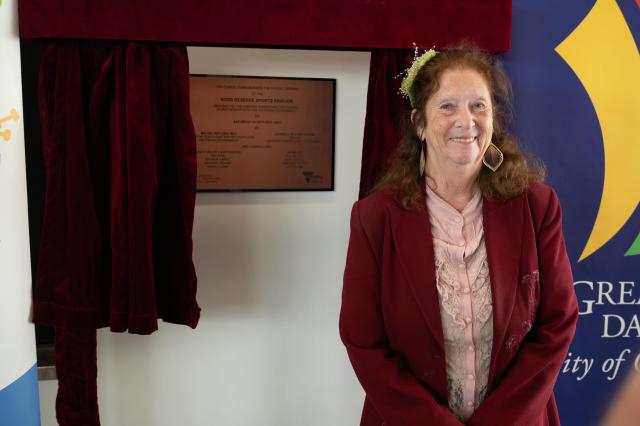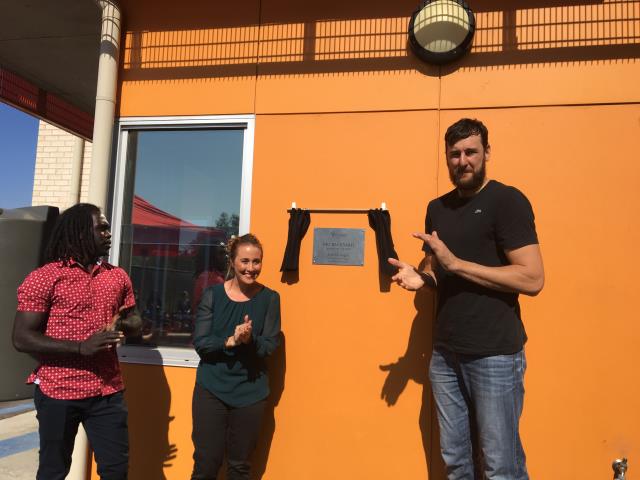By CAM LUCADOU-WELLS
FROM the start, this scenario had failure written all over it.
A woman with a serious mental illness and a passion for loud music proves an unpopular tenant in a block of tightly-packed small flats in Dandenong in August.
For several months, her unsettled and unprepared neighbours complained to her, to police and to public housing services.
They say they endured sleepless nights, feared her hostile reaction to their complaints and her shouting alone in different voices.
She is literally demonised, branded a “demon” and a “psychotic with a loud stereo”.
Both complainants were considering moving out of their flats.
After several months including mediation between the parties, the upshot is the tenant is evicted by her landlord – the Department of Health and Human Services.
There springs pertinent questions: what went wrong, where does this former tenant go now and what is the solution?
Mental Illness Fellowship research director Laura Collister said tenants with psychotic illness face a “raft of disadvantage” including poverty and strained relationships with family and friends.
It’s not only hard to find a place, but to settle and stay in a home long-term.
“Don’t give the impression that a person of mental illness shouldn’t be living in a flat,” she said.
“They can live anywhere in the community but need the support and treatment that goes with it.”
The fellowship has been state-funded for a five-year, $5 million trial of its Doorway housing and support program.
The program helps 50 tenants who are at risk of homelessness find suitable, private rentals, helps them maintain their tenancy, helps them manage their illness, find work and get involved in the community.
Ms Collister said the program’s success has resulted in fewer hospital admissions and less reliance on mental health supports.
“It shows even people with significant mental health issues can improve and make great relationships with their neighbours.
“Without support and treatment, it tends to fall apart.”
A Department of Health and Human Services spokeswoman said people with mental illness who lived in public housing were connected to support networks.
She said the vast majority of public housing tenants do the “right thing” and were expected to behave appropriately.







